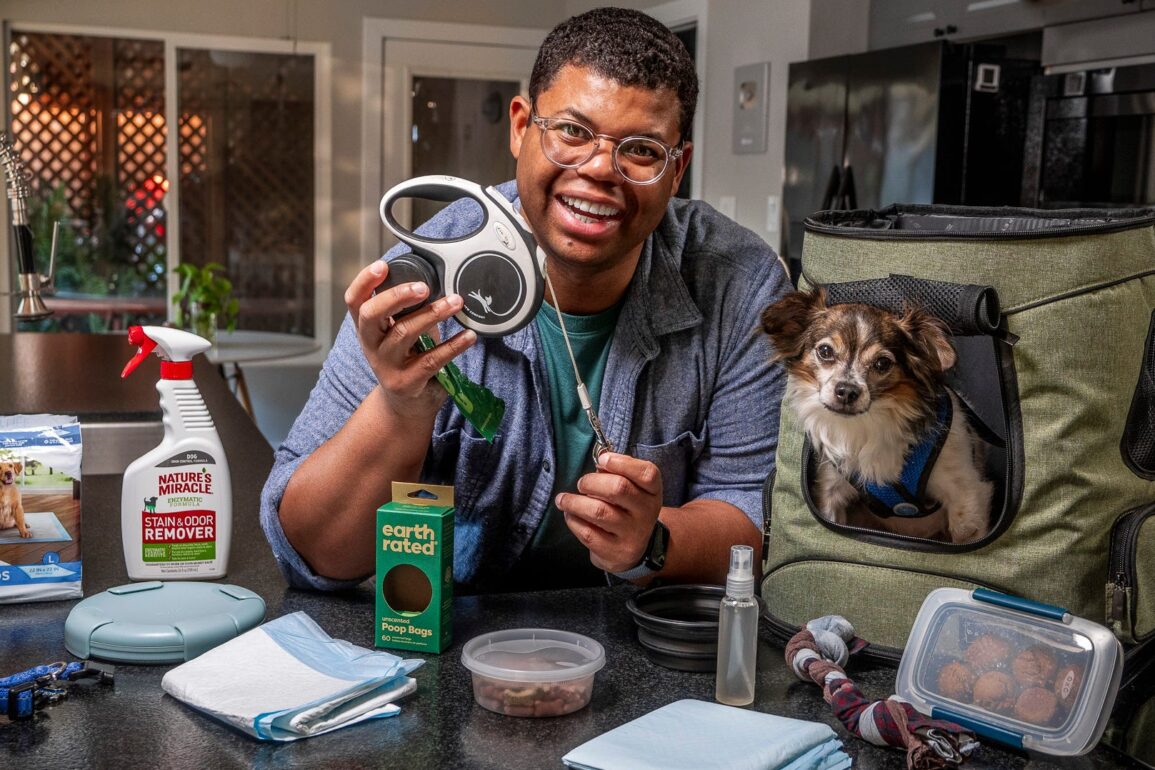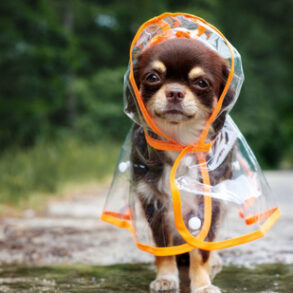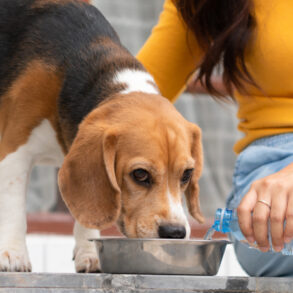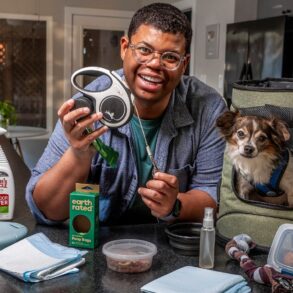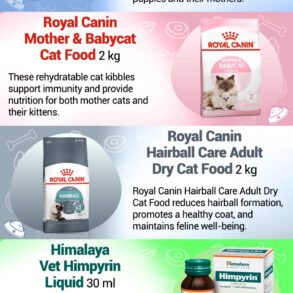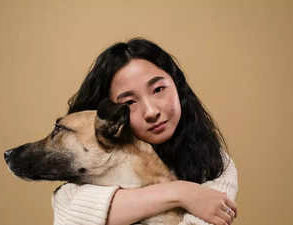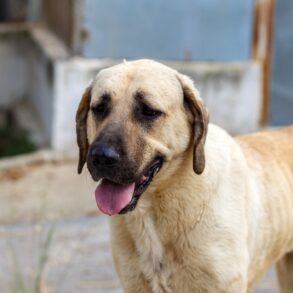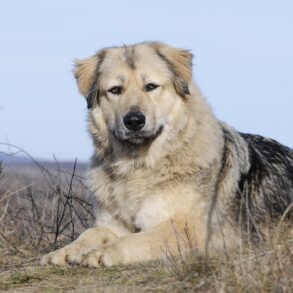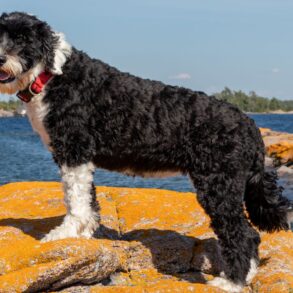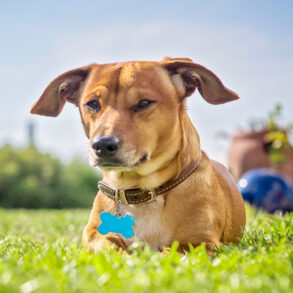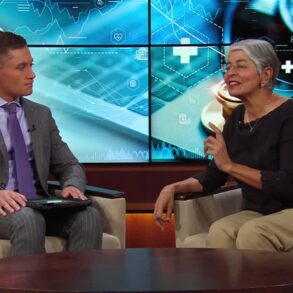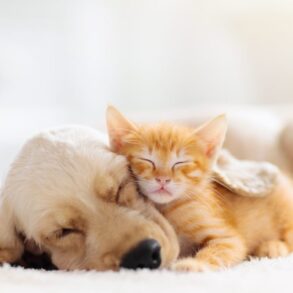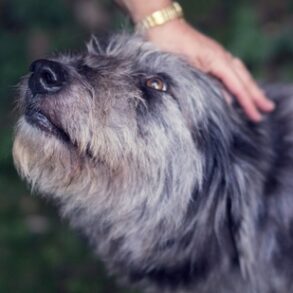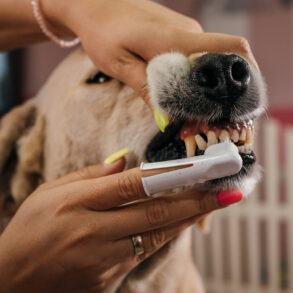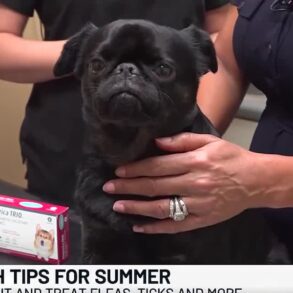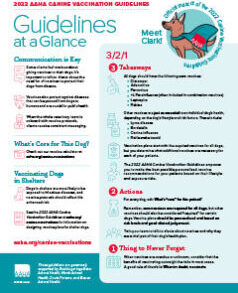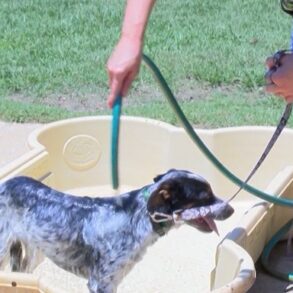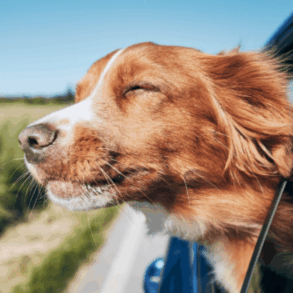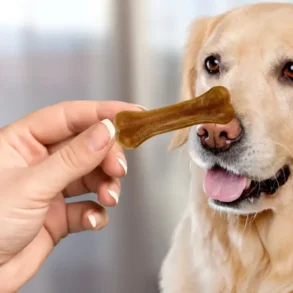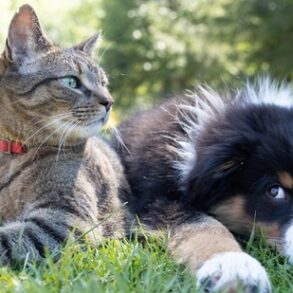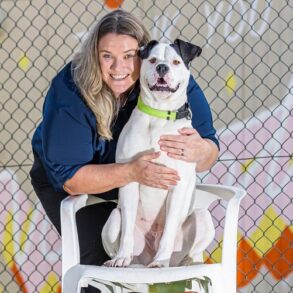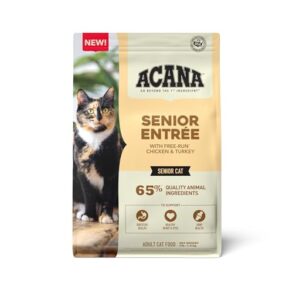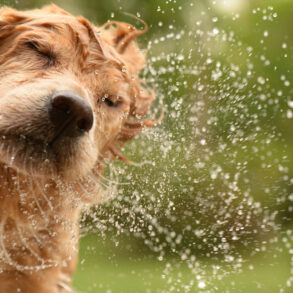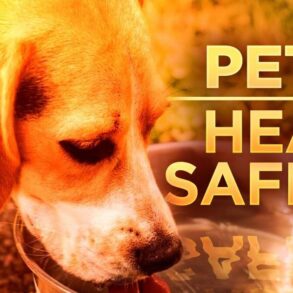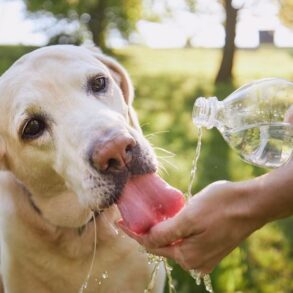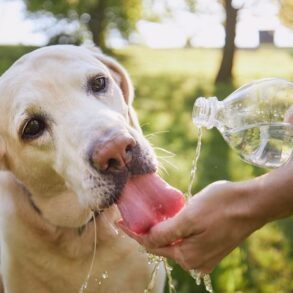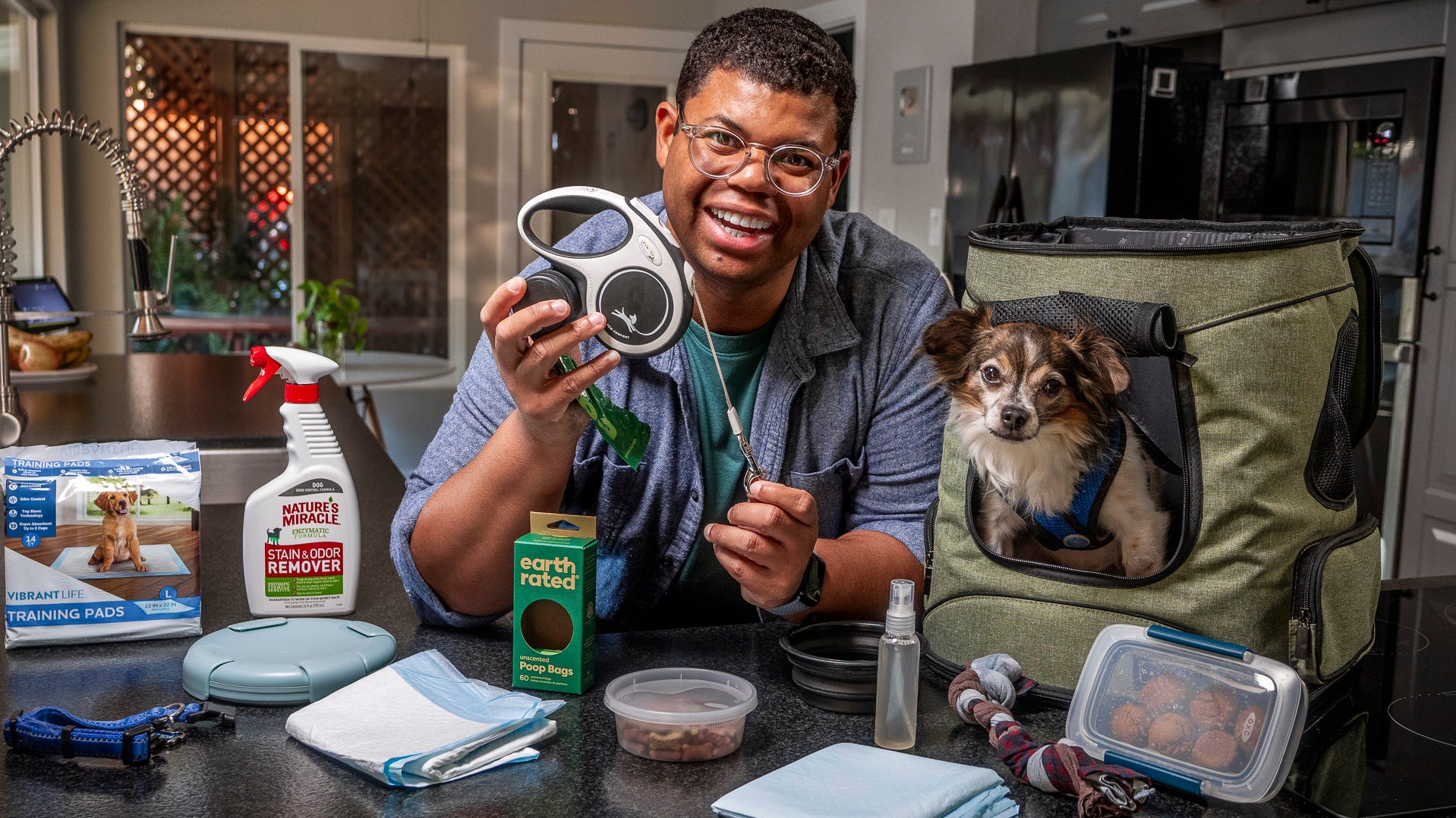
Travel with a pet: What items you need to pack
Make pet travel easy and stress-free with these 8 essential items for your furry friend’s comfort and safety.
Problem Solved
- Ensure pets have necessary vaccinations and documentation for travel, ample fresh water to prevent dehydration.
- Michigan Department of Agriculture and Rural Development released summer pet safety tips.
Michigan officials are offering suggestions to help keep pets and livestock healthy this summer during hot weather.
“From ensuring they have proper identification and are fully vaccinated to making sure they are cool and comfortable, there are many precautions owners can take to keep their animals safe throughout the summer,” State Veterinarian Dr. Nora Wineland said in a June 11 release.
Summer weather brings dangers, including wildlife, diseases and dehydration, the Michigan Department of Agriculture and Rural Development said.
“Just like people, animals can quickly get parched in hot temperatures. No matter the species, animals should have access to an abundant supply of cool, clean, fresh water to prevent dehydration,” officials said.
Preventative measures include such things as making sure your pets and livestock are vaccinated to avoid common diseases.
“If there are any concerns about your animals’ health now or throughout the year, please talk to your veterinarian,” MDARD said.
As Michiganders make their summer plans, here are seven pet-safety tips to keep in mind:
How can I keep my animals safe this summer 2025?
Here are the seven tips to remember.
- Travel safety: Be sure your animals have all the documentation, vaccinations, tests and treatments they need to reach their destination. Vaccinations are central to animals’ preventative care as the vaccines can protect them against common diseases, such as rabies, leptospirosis and distemper. Talk to your veterinarian to ensure your animals have everything they need. More information can also be found on MDARD’s Animal ID and Movement page and the U.S. Department of Agriculture’s Pet Travel website.
- Clean water: No matter the species, animals should have access to an abundant supply of cool, clean, fresh water to prevent dehydration.
- People food is not dog food: Salty, fatty, and/or highly seasoned foods (like chips, nuts and meat fat) can cause digestive upset. Also, chocolate, grapes/raisins, onions and xylitol (an artificial sweetener found in many candies and gum) can be poisonous to animals; and bones can cause injury and illness.
- Know your pets’ limits: An animal’s age, breed, type of coat, and health history can all play a role in their ability to tolerate the heat. Keep an eye on them for signs of heat stress, like increased panting or drooling and being more lethargic. If they are showing such signs, it is time to move them to a cooler area.
- Check where they swim: Avoid harmful algal blooms in water. HABs form due to a rapid growth of cyanobacteria, also called blue-green algae, which are naturally found in lakes, rivers and ponds. To prevent illness in animals, keep them out of areas with scums or discolored water, rinse them off after contact with any lake water, and bring clean, fresh water for them to drink. If an animal becomes sick after contact, call your veterinarian right away. To report suspicious algae residents are directed to algaebloom@michigan.gov.
- Know where they are: Make sure animals have proper identification. With all the fun outdoor activities, it can be easy for animals to sneak away and become lost. Make sure they have identification tags and/or microchips that are up to date with your current contact information, ensuring a better chance they can be returned home.
- Wildlife: Keep animals away from wildlife, ill animals and animals of unknown health status. To report cases, submit an online Reportable Disease Form.
What to avoid feeding your pet from the table
There are certain foods that dogs can not digest, and can be life-threatening. According to ASPCA’s Animal Poison Control and GoodRx, here are several foods and liquids to keep away from your dog:
- Alcohol/ yeast dough
- Chocolate
- Coffee/ any caffeine
- Avocado
- Citrus fruits
- Grapes
- Raisins
- Onion
- Garlic
- Chives
- Milk/ dairy
- Macadamia nuts
- Nuts
- Coconut/ coconut based foods
- Undercooked meat
- Raw eggs
- Raw bones
- Salty foods
- Tomatoes
- Mushrooms
- Sugar-free gum or candy
- Baked goods
- Star fruit
Based on GoodRx, here are some foods that are acceptable for dogs, though your dog should get most of their calories from their regular diet. Dogs can digest these foods:
- Carrots
- Celery
- Cooked pumpkin
- Cauliflower
- Popcorn
- Apples
- Bananas
- Cucumbers
- Strawberries
- Mangoes
- Xylitol-free peanut butter
- Cheese
Contact Sarah Moore @ smoore@lsj.com
This post was originally published on this site be sure to check out more of their content.




